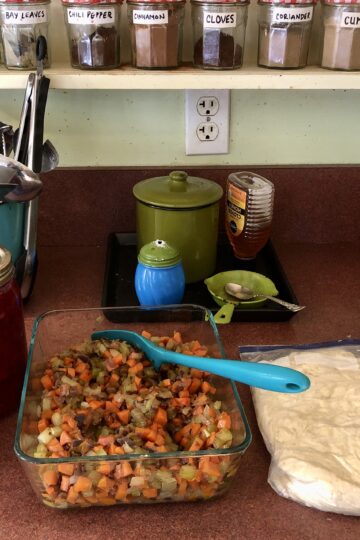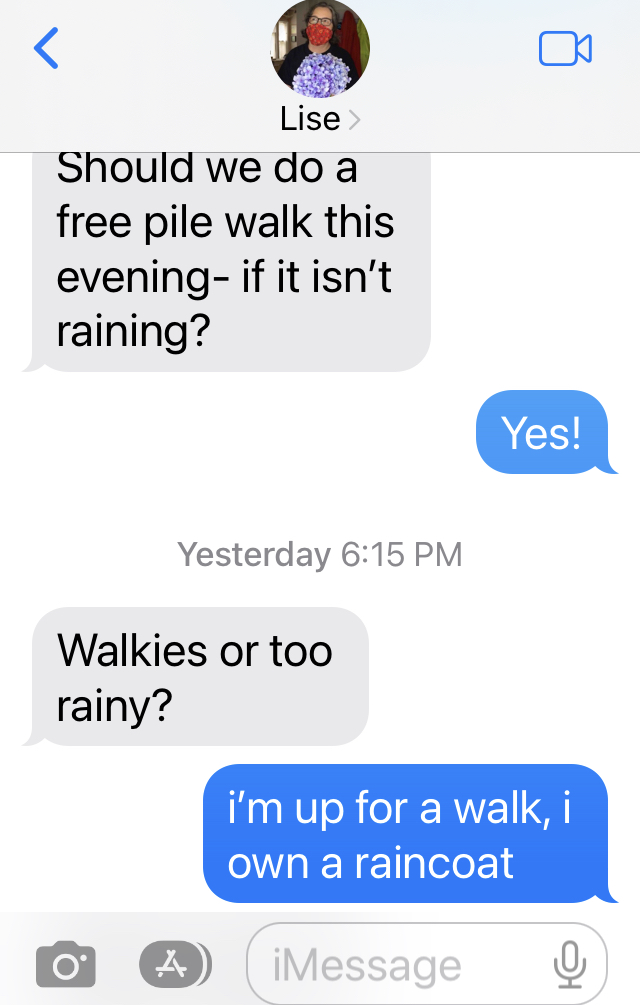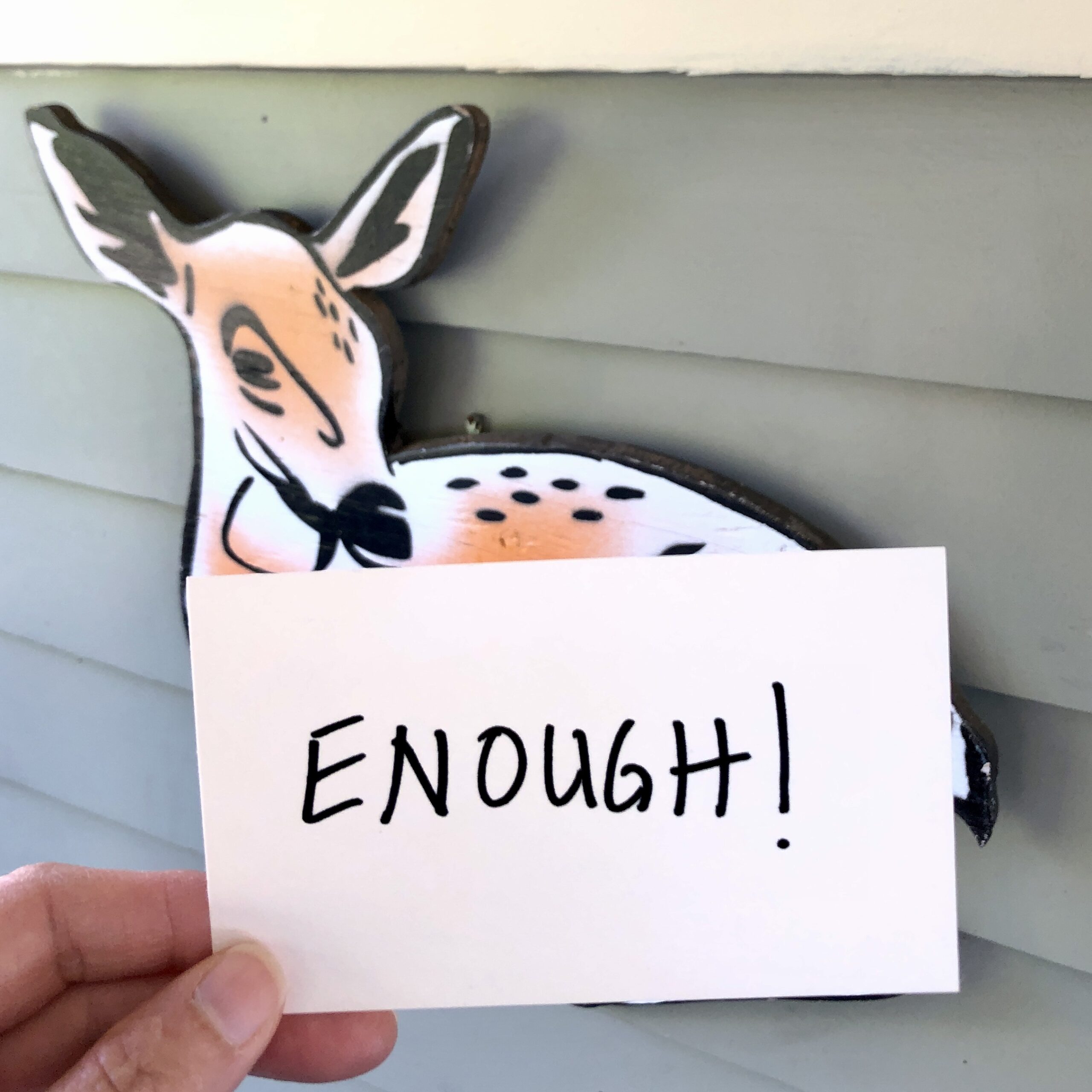The Intricacies of Daily Life -- America vs. Japan
It's now less than two weeks until I leave for Japan, and I'm starting to get excited about the trip, (rather than just bogged down by all the pre-trip details.) And do you know what I'm excited about?
Observing how daily life in Japan differs from that in the western world. You know, how food is bought and prepared . . . and then cleaned up. How the division of labor differs in a Japanese household. (Of course, everyone is different, so my host family would be doing things differently than their neighbors.) We've hosted four different adult teachers over the years, and I've asked a lot of questions about who did the food prep and cleanup, how children are parented and how time is spent. How food waste is addressed. Questions about daily home life.
I will be spending the second half of my time in Japan with a host family in a small town, which I think will be the highlight of the trip. Although it's been awhile, I've done a fair amount of international traveling. Three years in England, a summer in Costa Rica, Three months in Mexico and Guatemala, six months in Israel and various shorts trips to Scotland, Egypt, Wales and Europe. (It sounds like a lot, but keep in mind this was spread out over a lifetime.) But Asia? That will be new to me.
It occurred to me that a lot of what interests me are those exact intricacies of daily life. You know, the little stuff. How people interact and get on with their daily lives. Like an amateur sociologist.
I'm having a hard time coalescing my thoughts on this subject, so I apologize if this post was a bit rambly. Perhaps I'll have pulled my thoughts together a bit better after I come back from Japan.
Hey, a girl can dream.
Katy Wolk-Stanley
"Use it up, wear it out, make it do or do without"
Click HERE to follow The Non-Consumer Advocate on Twitter.
Click HERE to join The Non-Consumer Advocate Facebook group.
Click HERE to follow The Non-Consumer Advocate on Pinterest.





I absolutely get what you are saying. When I travel internationally, I find a trip to the local grocery as fascinating as a museum (if not more...). Have fun discovering!
Foreign grocery stores are the best! And make for terrific souvenir stops.
Katy
I love going to foreign groceries, too! Hardware stores are another interesting stop if you can find one.
Of course, as a chaperone, my time is already scheduled. So I don't think I'll have much time to do my own thang.
Katy
Excited for you! Can't wait to hear the details.
Grocery stores, when traveling, are my favorite places to know more about the people who live in the area too. And you don't even need to travel far from home to see differences between communities and their residents. It's fun to try new foods, people watch and just see how everyone interacts.
When I toured Europe with an orchestra, we stayed with host families throughout the trip. No one took us to mundane places, but I wish they would have. Still, it was interesting staying in peoples' homes, mainly in small towns. Have a great trip!
Excited for you and wish you a wonderful trip. I will be looking forward to future posts where you share your experiences. When you stay with locals, you will get the "real" Japan and not the "tour-isty" Japan--that will make it so special.
Best thing about small town Japan is asking about the water bottles people leave around their houses. I want to tell you now but I am hoping someone will tell you about it...
I fun Japan is the best place I have ever visited.
One of the first places I visit in any new place is wherever people go to buy food (always visit wet markets early in the morning). As my son said when he came home from Germany, "So Much Real Food!". But even fast food chains are interesting to see how the menu differs from home. Our family has had some great discussions about how corporations market their brand in different places.
What are "wet markets"? Sounds interesting...
They are open air early morning markets where you buy your perishables for the day. These are common in places where refrigeration is a luxury. Meat and produce are sprayed down with hoses or buckets of water often to keep them cool and fresh. The smells can be interesting after the sun comes up.
Interesting. 🙂
Katy
I'm so looking forward to hearing your experiences and observations!
If I may (and if your sons haven't already taught you), you might want to jot down or remember these words to help introduce yourself:
"setsuyaku" (frugality)
"setsuyaku seikatsu" (frugal lifestyle)
"mottainai" ('what a waste'--Wikipedia explains it better)
Have a great time!
Oh, one more--they call thrift stores "recycle shops" 🙂
I am looking forward to your posts about your trip - how people live and interact would be the things I'd be interested in as well.
My sister was traveling in Europe years ago. The only "souvenier" i remember from her trip was the cake mix from France. We had such fun admiring the box, decifering the instructions and eating it.
I absolutely try to imagine myself living in most of the places we travel. You have the added benefit of the insider's observations, so I'm really looking forward to what you learn.
I like to think of it as "studying human nature" and it fascinates me too.
That would excite me about a trip also. I love to see how other people live. Someday I would love to travel someplace for a month and immerse myself in their culture.
Have a great time and tell us all about it!
Have a wonderful trip. Can't wait to hear how Japanese culture is similar to America and how it is different. It seems like in the USA we think more stuff, bigger stuff is always better. But then things are wasted like no ones business. Have a great trip!
I also love the foreign grocery store experience. Really got a laugh from the border inspectors, coming back from Canada! (Mousse mix?) You'll Love the "intricacies" of the Japanese recycling program - they're way ahead of us! Can't wait to hear about your experiences!
That's interesting, because the Japanese people who've lived with us, (keep in mind many were adults) have completely and utterly failed at any recycling. Everything went into their garbage, even perfectly good new items.
Katy
They may have been told that Americans don't recycle, before they got here.
I was mystified by the MOUNTAINS of food at dinner every night in Japan, and the way they kept asking if I liked the food, if I was hungry, did I need a snack - when my Japanese got good enough I asked my host family about it and they said, they knew Americans ate a lot so when I ate normal amounts (or even less...their 20 year old daughter ate a block of tofu, two croissants, some orange juice, and a bowl of miso for breakfast every morning, I couldn't keep up!) they thought it meant I didn't like the food and was going hungry all the time.
I am excited for you - but selfishly, will miss your posts, as I assume you won't have time to do them!
I will be not blogging while I'm in Japan. I may or may not schedule short posts for when I'm gone, we'll see how much time/motivation I have. I have an opportunity to bring a laptop with me, but I would rather travel like it's 20 years ago. Send a few postcards and tell people about my travels when I return.
Katy
Katy,
I know you won't be rapid-firing questions. But, the Japanese I have met think asking them questions is intrusive. I taught English to a Japanese mother and teen daughter. I was in their home at their request because they did not have a second car yet. I did not ask anything about their life that was intrusive. Of course, they asked me how to order from deli to get cheese, how to order from Arbys, stuff like that and words to use. Three weeks into their lessons, I asked a question about something innocuous that you and I would answer. Both turned on the forced smile that meant I was doing something wrong.
They were proud of their rice cooker they brought from Japan and explained it to me in detail.
I taught them how to get the recycling bin and they used it devotedly. They were actually excited to recycle. ??? It was amusing that they washed their bin and cared for it like they were going to eat from it. I don't remember if they recycled in Japan, but they were so interested in what went in and would often have something washed and waiting to ask me about where it went--trash or recycling. Of course, I did not just tell them which bin, I showed them the symbol....again. And, I wrote it out for them, and explained the instructions that came with the bin. It seemed simple to me, but we have all done it so long and do understand even convoluted instructions. So, not trying to say they were inept!
That's interesting. I do ask a lot of questions to the people that we've hosted, but they've always seemed happy to answer. The idea of an exchange that that we exchange information about our cultures with each other. Part of the project that the 8th graders are doing will be doing interviews with strangers on the street about certain subjects. They also have to interview their host families as well.
I do remember one of my host daughters, (who was 25) telling me that she had been very offended when her last host mother asked about her parent's marriage which had been arranged. She asked her if her parents were even in love. This was an intrusive question, and pretty much offensive in any culture.
Katy
Oooh, I'm super interested in this, too. I would love to read your impressions when you return!
On a related note, I've been meaning to hunt down and read this book for a while: "Edo Culture: Daily Life and Diversions in Urban Japan, 1600-1868". "Daily life and diversions" = fascinating!